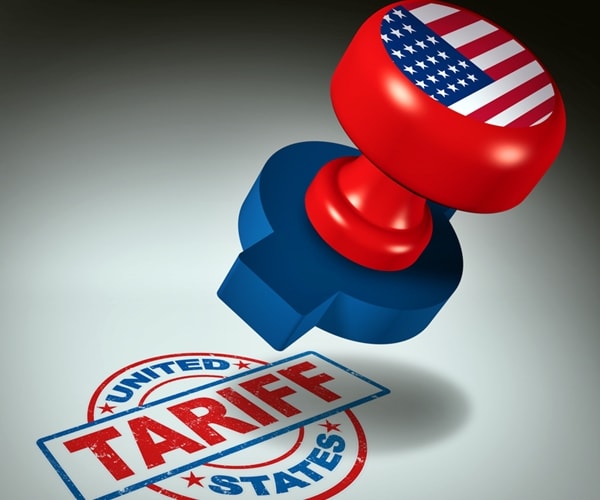Is the Dominance of the Dollar in the World Economy Coming to an End?
Among the most important measures China and Russia have taken recently is their decision to use their local currencies in their joint commercial transactions, with the goal of strengthening the stability of banking services for import and export operations. This is especially important in the midst of the current dangers in international markets, according to a statement from the two countries.
This is considered a strong blow to the decades-long dominance of the dollar in international commercial transactions, which the American government continues to exploit in its trade wars and economic sanctions against different countries. This dominance gave the United States a great advantage in its trade wars, and the currencies of targeted countries have always collapsed in the face of any American sanctions. This has happened in many countries, most recently in Venezuela, Turkey and Iran.
But these tactics are not as effective against countries with big, strong economies like China and Russia. The strength of their economies allows them to take strong opposing measures, as in their decision to carry out transactions using their local currencies. This will increase the resistance of their currencies to the dominance of the dollar and facilitate their dealings with each other, in view of the dominance of the dollar in the global financial system.
With this measure, China also seeks to send a direct message to America that it is capable of engaging in a trade war. China can take advantage of its massive global economy, and the fact that the yuan now belongs to the group of currencies that international institutions depend on. In addition, China is the largest importer of oil in the world, at about 8.4 million barrels daily in 2017, compared to 7.9 million barrels daily for America.
If China and America both seek the dominance of their own currency and economy in the world, then where should Egypt align itself in between these two giants, and how can we protect our interests?
First, Egypt must take care to strengthen its relations with China in the future for a number of reasons. First, China is the largest exporter into Egypt, and for that reason a large portion of the dollars in Egyptian banks goes toward financing imports from China, which puts a lot of pressure on cash reserves and raises the price of the dollar against the Egyptian pound. But if importers bought from China in yuan, then demand for the dollar in banks would greatly decrease. This would boost the value of the Egyptian pound, especially since there is already a Chinese-Egyptian agreement to exchange the currencies of the two countries, which allows Egyptian investors to obtain yuan more easily than dollars.
Second, many financial experts have long been expecting violent global fluctuations in the price of the dollar, due to measures taken by the American president and domestic political problems in America. The Egyptian government must prepare to face these upheavals by diversifying its sources of currency for its cash reserves in a balanced way, so that these upheavals can no longer affect us so greatly.
Third, despite the above, the Egyptian government must not hurry too quickly to reorient itself to the east, which would create tension with America. Egypt must take care to maintain balanced relations with all sides.
It’s worth mentioning that the American dollar dominates the global oil trade, as West Texas Intermediate crude oil sets the benchmark price in dollars, as is the case with Brent Crude in Europe.

